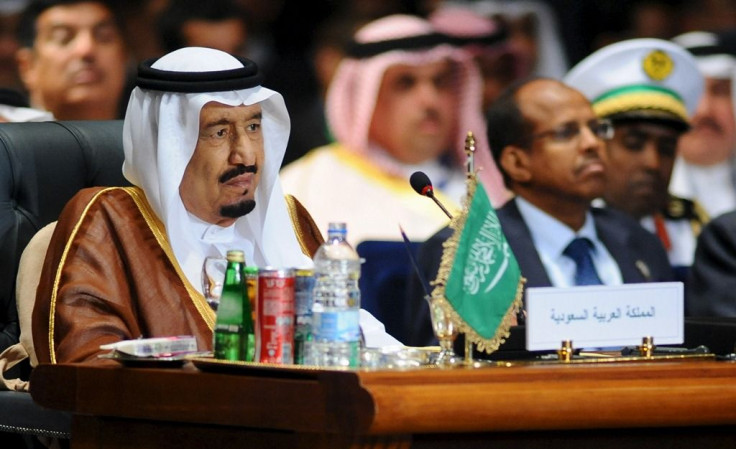West Still Unfamiliar With New Generation Of Gulf Politics

While major Gulf leaders have opted out of the Camp David summit, it will be the junior leaders’ responsibility to represent their countries. The upcoming generation of Arab leaders will be President Barack Obama's guests, but they may be more confident and less dependent on the United States than their elders.
King Salman declared that he would not attend the summit. The 79-year-old Saudi king said that his two heirs would represent him instead. It was speculated that the king was sending a message to the U.S. administration about his displeasure about the Iran nuclear deal.
However, Arab News reported that the Saudi king spoke on the phone with President Obama. They agreed to keep working together on various issues, both international and regional.
The only veteran leaders expected to attend the summit are from Kuwait and Qatar. Four other countries are going to send their junior representatives. The more experienced leaders may not be attending the summit because they are too frail for the long trip. But their non-appearance also is assumed to be due to their dislike of President Obama’s policies.
Several Gulf leaders were disheartened when Obama apparently encouraged the Arab Spring in 2011. Many of them also believed the U.S. president should have pushed Israel harder a regional peace deal.
Washington officials are familiar with Saudi Arabia's 55-year-old Crown Prince Mohammed bin Nayef and 54-year-old Sheikh Mohammed bin Zayed al-Nahyan, the UAE Crown Prince.
But the West may not have a clear picture of the political ideologies of the new generation of Gulf leaders. Salman bin Hamad bin Isa al-Khalifa, Bahrain's 45-year-old Crown Prince, is known to be a relative moderate.
Mustafa Alani said that there was a “trust gap” between the Arab and the U.S. authorities. “Will it deliver on its promises? It's not just the Saudis who feel this way -- it's the Emirates, Qatar, Bahrain," Reuters quoted the Iraqi security analyst.
Qatar's 34-year-old Emir Sheikh Tamim bin Hamad al-Thani and 30-year-old Mohammed bin Salman, the Saudi Deputy Crown Prince, are relatively new in international politics. There is hardly any clarity about their views on major political issues.
Contact the writer: s.mukhopadhyay@ibtimes.com.au
© Copyright IBTimes 2024. All rights reserved.











